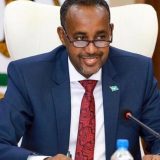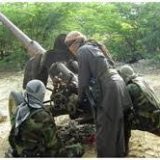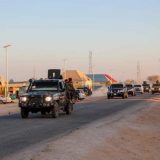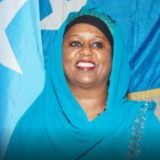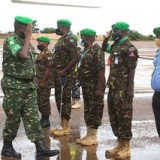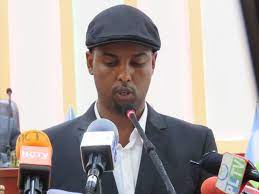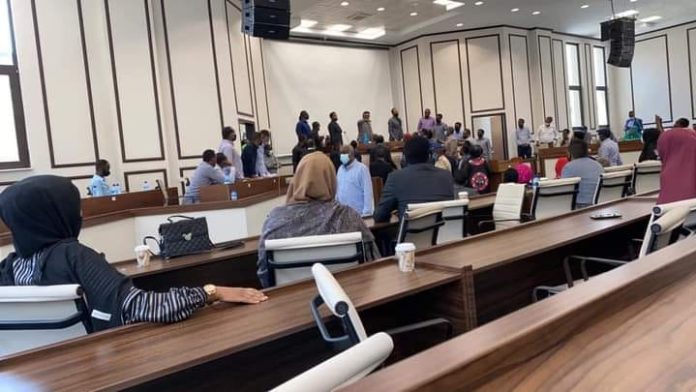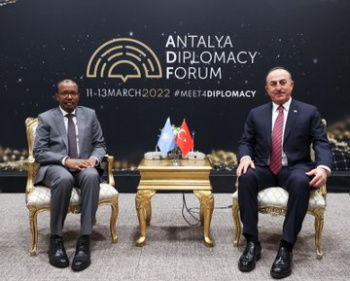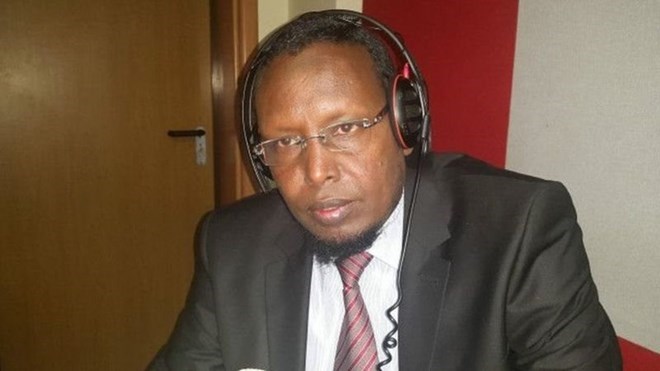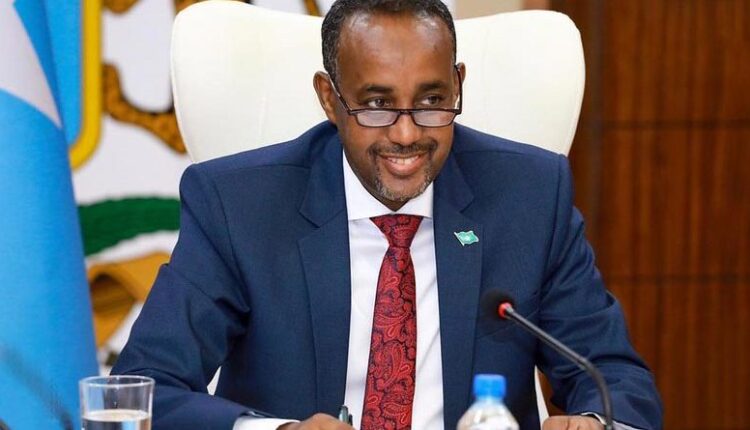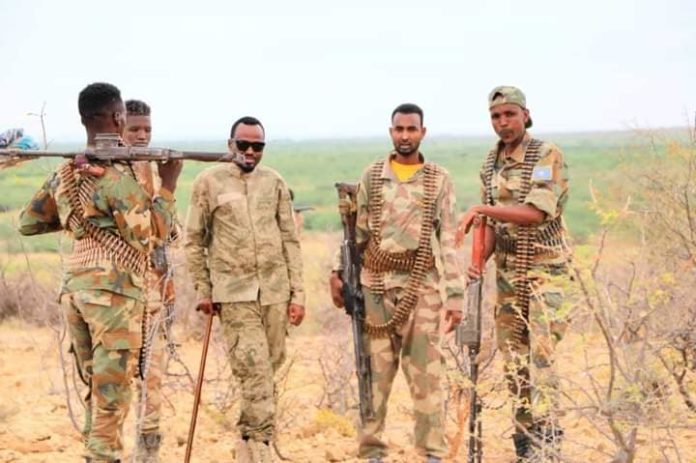Draft Resolution on Somalia-Eritrea Sanctions
The Council is expected to adopt a resolution on Somalia-Eritrea sanctions either tomorrow or Friday (22 or 23 October). A text was first circulated by the penholder, the UK, on Thursday last week, with negotiations on Friday and Monday, and put under an initial period of silence until Tuesday morning. However, a few members appeared to still have issues with the text. Following additional discussion and silence procedures, the draft resolution cleared a final silence procedure this afternoon and is being put in blue.
The draft resolution addresses each of the relevant time-limited sanctions measures regarding Somalia and Eritrea, while also reaffirming sanctions measures that are not time-limited and thus do not need renewal. The partial lifting of the arms embargo, authorisation for maritime interdiction of illicit arms imports and charcoal exports, and the humanitarian exemption will be renewed until 15 November 2016, while the Somalia and Eritrea Monitoring Group’s mandate will be renewed through 15 December 2016. Interestingly, considering there were two abstentions on resolution 2182 which first authorised maritime interdiction, negotiations over its renewal were uncontroversial. This may have been due to the government’s support for the renewal of maritime interdiction measures, as stated in a recent letter to the Council from the permanent mission of Somalia.
References to Eritrea in the draft resolution were a source of contention, with Venezuela among others raising objections regarding the phrasing on whether or not there are links between Eritrea and Al-Shabaab and the interrelated issues of Eritrea’s cooperation with the Monitoring Group and transparency in public finances.
Venezuela was apparently supported to varying degrees by Angola, Chad, Nigeria, China and Russia. Some Council members preferred that the draft resolution definitively state there are no links between Eritrea and Al-Shabaab, while other Council members insisted the draft resolution should state that the Monitoring Group did not find evidence of links between Eritrea and Al-Shabaab. Venezuela and others also argued that Eritrean government finances are a matter of state sovereignty, while the US and others insisted that public financial transparency is required in order to verify Eritrea’s compliance with the sanctions regime. One compromise in the final text shifts the emphasis from calling on Eritrea to show transparency in public finances including through cooperation with the Monitoring Group, to simply calling on Eritrea to cooperate with the Monitoring Group, including on public finance issues.
During negotiations, concerns were also expressed by China regarding paragraphs on the oil and fishing industries. China’s main objection seems to revolve around infringement upon state sovereignty regarding the exploitation of natural resources. However, some Council members noted that the Federal Government of Somalia (FGS) supports the inclusion of a paragraph on illegal fishing in Somalia’s waters. The phrasing on oil and fishing was revised as a compromise: a potentially restrictive reference to “prior to concluding contracts in the petroleum sector” was removed, and the threshold for Council concern was increased from “illegal, unreported and unregulated fishing in Somalia” to “illegal fishing in Somalia”. Following further discussion after silence was broken, a brief operative paragraph reaffirming Somalia’s sovereignty over its natural resources was also added, and the paragraph on illegal fishing was moved to the preamble.
The draft resolution includes new operative paragraphs on public financial management, salaries for Somali security forces, maritime interdiction and illicit charcoal exports. It welcomes efforts by the FGS to improve financial management procedures, including engagement with the International Monetary Fund (IMF), and encourages implementation of IMF-recommended reforms to enable the initiation of a Staff Monitored Programme. The text additionally encourages the FGS to implement systems to improve the “timeliness and accountability” of salary payments to Somali security forces. The draft resolution also welcomes the efforts of the Combined Maritime Forces to disrupt the charcoal trade and encourages the UN Office on Drugs and Crime to continue its work with member states on countering the charcoal trade.
In terms of next steps, in the draft resolution the Council requests two reports from the FGS regarding the arms embargo, a report from the Emergency Relief Coordinator regarding the humanitarian exemption, and final reports from the Monitoring Group on Somalia and Eritrea. Each of these reports has become standard in recent Somalia-Eritrea sanctions resolutions. The Council also makes a new request to the Committee to develop an implementation assistance notice on the arms embargo and its exemptions within 90 days.
Source: whatsinblue

